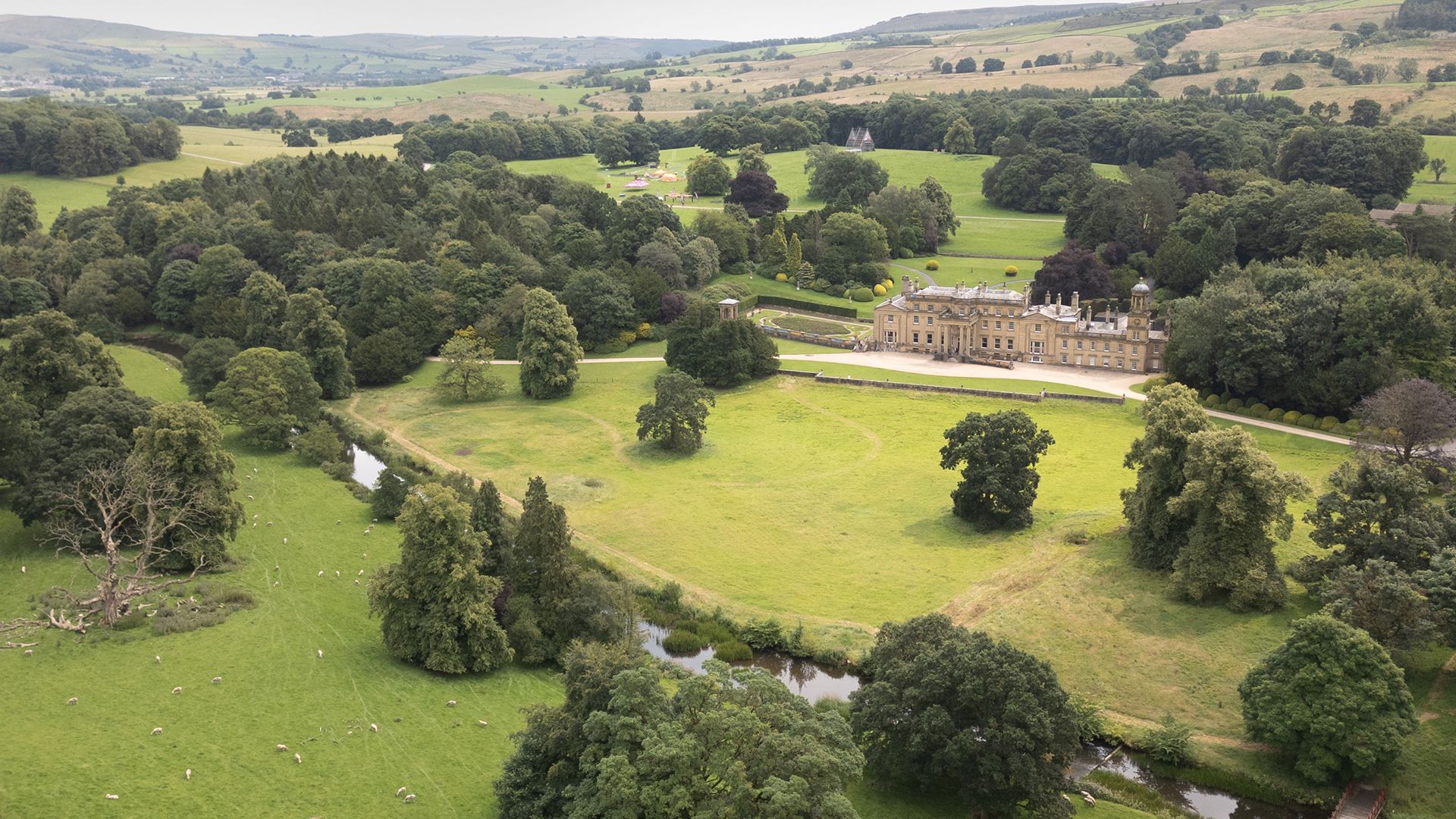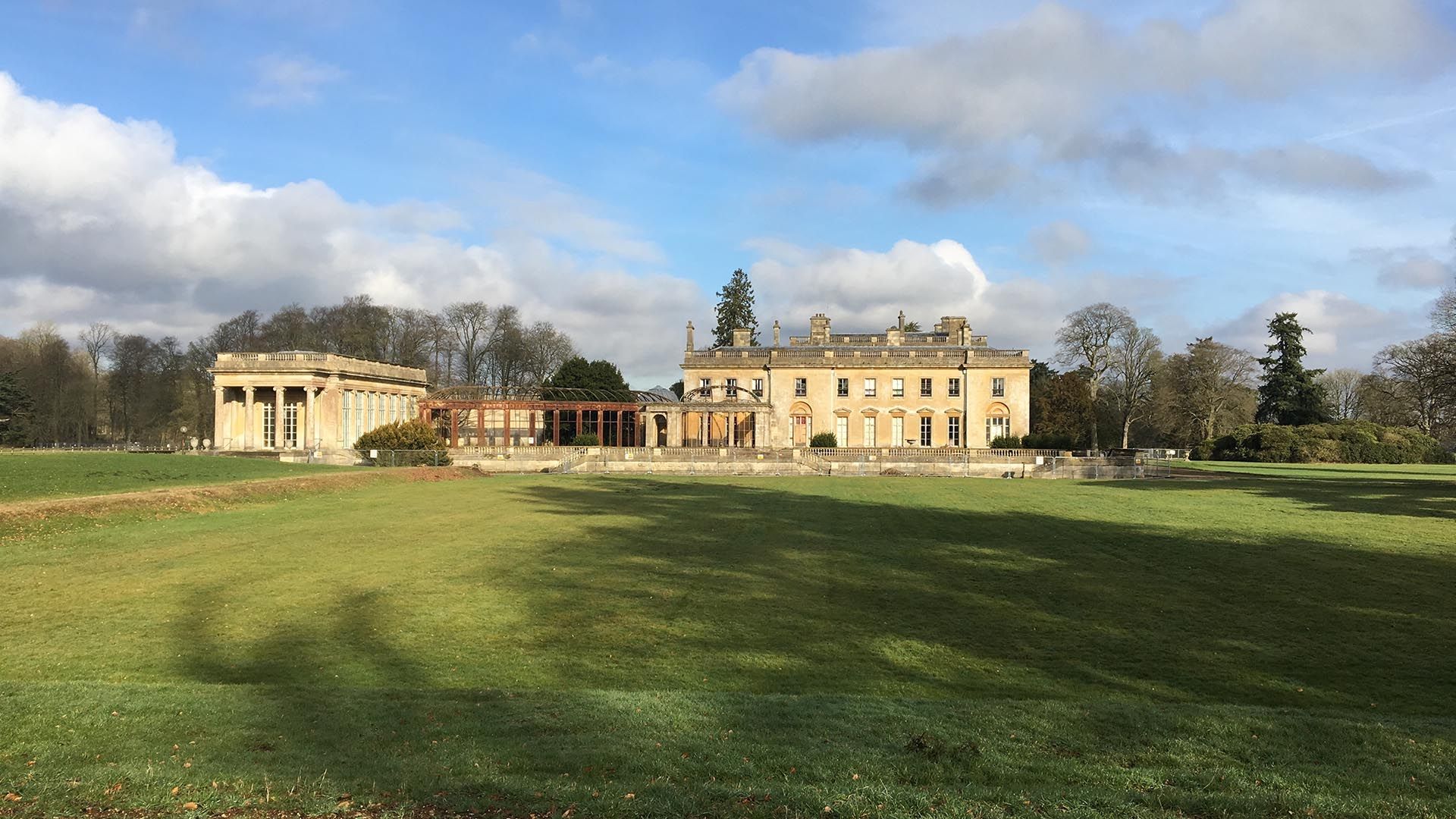With great houses comes great responsibility
By Sally Ormiston | 29.10.25
How to balance responsibility with financial need when contemplating options for the future of heritage assets on your estate.

When asked to write about succession planning for rural estates for the CLA magazine, one recurring theme was the dilemma of the ‘big house’, as the next generation increasingly explores new ways to secure their future.
Head over heart
At the centre of many estates is a mansion house, often both a family home and a protected heritage building. For the current inhabitants of the house, deciding if and when to move out, and where to relocate to, can be one of the trickiest issues to address when considering succession. These houses carry deep emotional and historical significance, and those who live in and inherit them bear the responsibility of preserving their legacy.
Shifting sensibilities
Maintaining and repairing these properties can be prohibitively expensive, raising concerns about passing on a financial burden. With growing pressures on estate finances, it may be time for the mansion house to contribute to its own upkeep, prompting consideration of options that once felt untenable.
While retaining the house within the estate is often a priority, successors are increasingly questioning whether its role as a family home has run its course. As well as a sensible financial and practical consideration to protect family history and heritage, this reflects a desire for more modern and modest habitation among estate successors.
We’ve advised many estates on strategies to generate capital and revenue to contribute to repairs and maintenance, often through creative reuse of the mansion house.

Earning its keep
One option is to generate income directly, such as opening the house to the public, hosting events, or offering it as a film location. Productions like The Gentleman (Badminton House), Bridgerton (Castle Howard), and All Creatures Great & Small (Broughton Hall) show the potential of this approach.
A more permanent shift can be redeveloping the house for alternative uses. This could be luxury group accommodation, a boutique hotel, or subdividing it into apartments. Though capital-intensive, these options can yield attractive long-term returns and keep the house in estate ownership, even if no longer as a residence.
In such cases, alternative family housing may be needed. These needs can sometimes be met by existing estate houses or by converting other properties. There may be the opportunity to create a new principal house – perhaps utilising the ‘exceptional country house’ planning policy, which enables the development of new or replacement country homes on isolated sites where they meet a high standard of architectural merit.
Where the house is a significant listed asset with substantial repair costs, ‘enabling development’ may be a viable route. This planning tool allows development that would normally breach policy, provided the proceeds fund the asset’s conservation and the public benefit outweighs any harm.
We successfully used this approach at Tottenham House, a Grade I Palladian mansion on the ‘at-risk’ register. Permission was secured for four country homes in the grounds, generating receipts that unlocked a major restoration of the house, stable block, and Grade I landscape.

Old houses, new futures
When weighing up the options and deciding on the right course of action, there are several factors to consider. By looking at the options that may once have felt unthinkable, estates can secure sustainable futures for these important assets. As estates evolve, the mansion house can remain central - reimagined for the next generation and beyond.
Look out for some featured clients and projects that have secured the future of important country houses on our social media, and if you are considering how to balance responsibility with financial need when contemplating options for the future of heritage assets on your estate, please get in touch.
Please email info@ruralsolutions.co.uk or call 01756 797501 for a chat. We’d be delighted to help.
Sally Ormiston is a Director at Rural Solutions
We are using cookies to give you the best experience on our website. You can find out more about which cookies we are using on our cookie policy.


